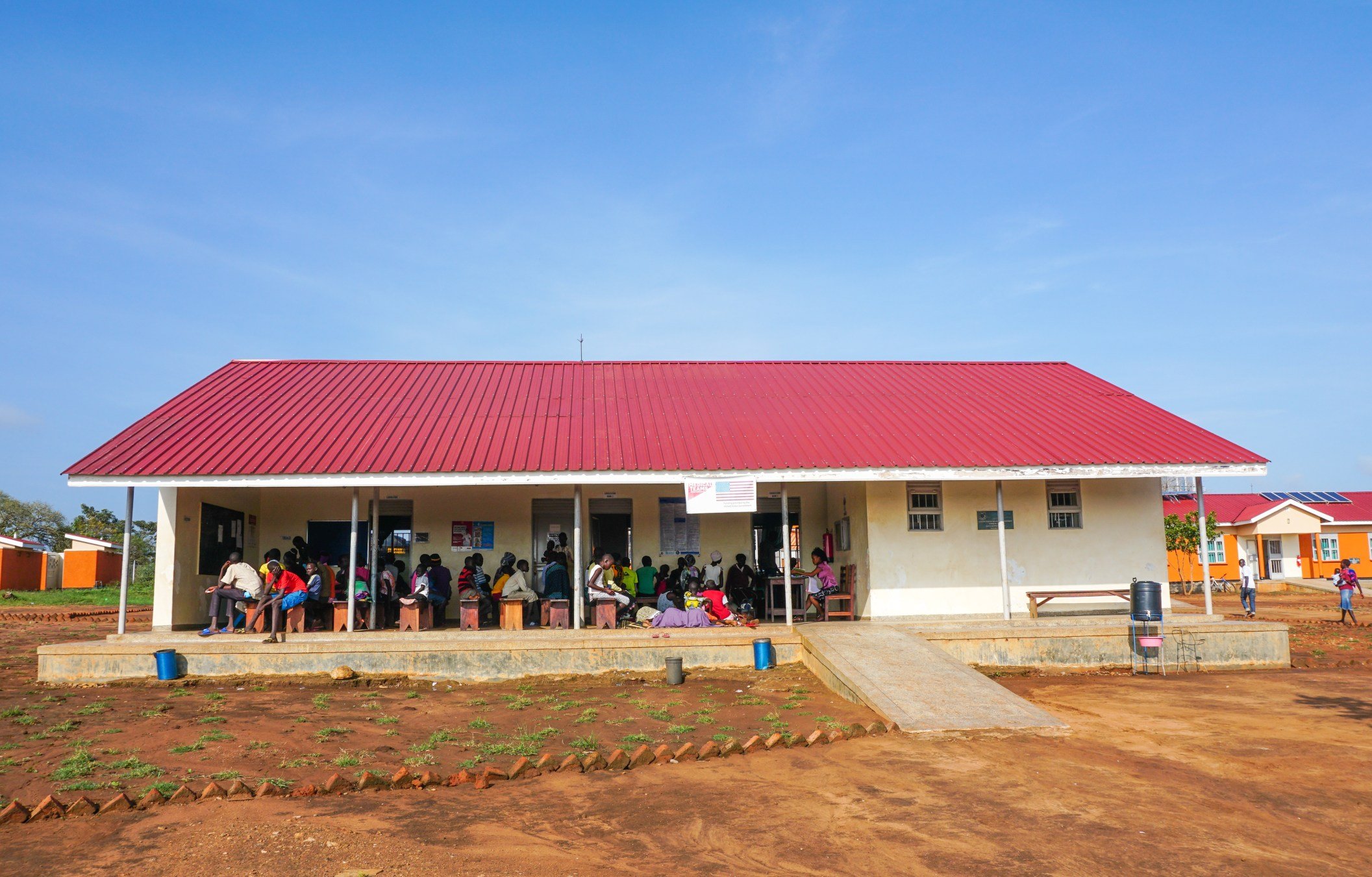What to Know Before You Go on a Medical Mission
I have been serving on humanitarian medical missions all over the world as a Registered Nurse for nearly a decade. Almost every time I tell someone about my experiences volunteering abroad, they say “Oh, I’d love to do something like that! Is there a trip I could join?”
If only it were that easy! If you are considering going on a medical mission (or volunteering abroad at all), there’s a LOT you need to know before deciding if this is right for you. So, for my fellow medical travelers and bleeding hearts –
Here are the answers to the most common questions I’m asked about medical missions:
So, you go with Doctors Without Borders, right?
Actually, no. Of all the organizations doing medical work worldwide, Doctors Without Borders is the most well-known – which is why everybody assumes that all nurses and doctors volunteering abroad are working with them. But actually, there are hundreds of other organizations running medical missions and you’ll have to start with one of them first.
It’s extremely difficult to get accepted to work with Doctors Without Borders (known by its French acronym, MSF, in most of the world). MSF’s application process is extremely rigorous, and rightly so – their teams work in the most remote and unstable places in the world, and are often the first on the ground in situations of conflict and disaster.
MSF requires its staff to have at least two years of experience working in their specialty, significant prior time spent living/working abroad in limited-resource settings, and preferably a working knowledge of French. They also require those serving for the first time to commit to a 9-12 month mission. (Yeah, they’re not messing around.)
I applied with MSF and didn’t make the cut! Not to worry though, there are plenty of other organizations to volunteer with. (More on this later.)
Me volunteering with Midwives for Haiti – which is not Doctors Without Borders, but is still extremely awesome.
How long is the time commitment?
It depends! Most people think of a medical mission as a week or two long, and there are plenty of those (Google “short-term medical mission” and you’ll be flooded with choices). There are also options in which you serve for a year or two, like the Peace Corps. And there’s everything in between.
I served for two weeks with Midwives for Haiti, six weeks with Partners in Health in Sierra Leone, and five months with International Volunteer Headquarters in Tanzania (though IVHQ has since come under scrutiny for some questionable ethical practices and I would not recommend them). If you’re really looking to make a difference, the longer you go, the better.
Will I get paid?
Volunteer fees provide salaries for people like our Ugandan driver, Ronald – seen here in the blue scrubs, literally digging an alternate route around a blocked road so that we could make it back to the airport. Ronald is my hero. He can have all my volunteer fees!
Probably not. The longer you serve abroad, the more likely you are to be paid for your work. Once you have enough experience, the more professional non-governmental organizations like MSF, International Medical Corps, and Emergency will offer a stipend and cover transportation and living expenses – but that’s pretty rare.
If you’re planning to go for less than six months, you’ll almost certainly end up paying for your mission yourself. Most organizations charge a volunteer fee which covers your room, board, and staff to take care of you while you’re in the country.
Ok, so how much will a medical mission cost me?
Volunteer fees range anywhere from a few hundred to a few thousand dollars. Make sure to do your research before you sign up. Where exactly does your volunteer fee go? You want to make sure you’re supporting the local community, not just lining the pockets of whoever runs this project. What does the fee cover? It’s standard for most organizations to provides housing, most meals, clean drinking water, and transportation to and from your work site. Also keep in mind that you’ll almost always need to pay for your own flights.
Do I need to speak the local language?
Again, it depends! This is a great question to ask any organization before you agree to volunteer. In some places, English is widely spoken and you’ll have no problem communicating with your patients. In others, you’ll be useless without a translator. When I volunteered in Uganda, it changed from patient to patient – some spoke perfect English, and some only spoke the language of their tribe.
If you do speak another language, AWESOME! Your services will be in high demand wherever that language is spoken. Spanish-speaking nurses and doctors are always needed for medical missions in Central and South America, and French will serve you well in many African countries.
Even if you’re going someplace where a lesser-known language is spoken, it helps to learn a few basics before you go. I never show up anywhere without knowing how to say “hello” and “thank you” at a bare minimum.
Will I need to get a bunch of immunizations?
You might! If you’re going to be working in a healthcare setting, it’s smart to be appropriately vaccinated and knowledgeable about the diseases common to the area. Check out the CDC travel website for the most accurate country-by-country information.
Sometimes certain immunizations are required to enter a given country (like yellow fever for Tanzania). Other vaccines are recommended, but you won’t be stopped at the border if you don’t have them. I always err on the side of caution and get them all, because if you’re going to a place that’s asking foreign medical professionals to volunteer, you can safely assume that the healthcare options on the ground are not ideal.
Traveling in rural Africa is not the time to risk a serious illness (Just ask my fellow volunteer who stopped taking his malaria prophylaxis and ended up having to visit me for a daily shot in the buttocks after he contracted malaria).
Can I go on a medical mission as a Nursing Assistant/med student/etc?
You can certainly find a group that will take you - the question is should you? What most places need are skilled professionals, so you’ll be most useful once you have a certification and job experience. Most places are not lacking unskilled labor, so you may in fact be taking a job from a local who desperately needs it if you show up just to do non-medical work.
Also, it’s important to keep in mind that you shouldn’t be practicing medicine outside of what you’re licensed to do at home, just because you’re in a developing country. It’s tempting to use a medical mission as a shortcut to bolster your resume, but remember that your primary reason for volunteering should be to support communities who need your skills. If you don’t have the skills they need yet, be honest and wait until you do.
The clinic in Nairobi where I volunteered as a nursing student. Despite my good intentions, I probably just made the local staff’s jobs harder, since I wasn’t licensed to practice on my own yet.
How do I pick an organization to volunteer with?
So if the answers to all these questions depend on which organization you volunteer with, how the heck do you pick one? To be honest, I have found most of the organizations I’ve volunteered with the good old-fashioned way: Google. This is where we find out how committed to this idea you really are: You’re going to have to open a hundred tabs, dig deep into a lot of nonprofit websites, and do some serious research.
There simply is no “right” answer for which organization you should volunteer with. It depends entirely on where you want to go, how much time you have, what your professional expertise is, and a hundred other variables. Check out this post for some places to start.
Once you begin to narrow it down, reach out to the organizations you’re thinking of serving with. Due to the rising popularity of voluntourism in recent years, there are plenty of unethical organizations out there just trying to make a buck. It’s your responsibility to make sure you’re working on a sustainable project with an ethical organizationbefore you drop half your savings and fly around the world.
Here are some questions I recommend asking any organization you’re thinking of volunteering with.
Ok, I think I’m ready to go on a medical mission!
HOLD ON, we’re just getting started. Now that I’ve answered your questions, there are some questions that you need to ask yourself to determine if volunteering abroad is even right for you. (And check out this post about how to do medical missions right.)
Unless you answer these questions first, you may end up making a mess in a needy community – no matter how noble your intentions are.
What other questions do you have about international medical missions, or volunteering abroad in general? Drop them in the comments or check out the other posts in our series on volunteering abroad.
You Might Also Like:
This post may contain affiliate links. If you make a purchase through our links, we get a small commission at no cost to you. This helps with the cost of keeping this site running – so thank you for clicking through! Don’t worry, we won’t recommend anything we don’t fully believe in.
















